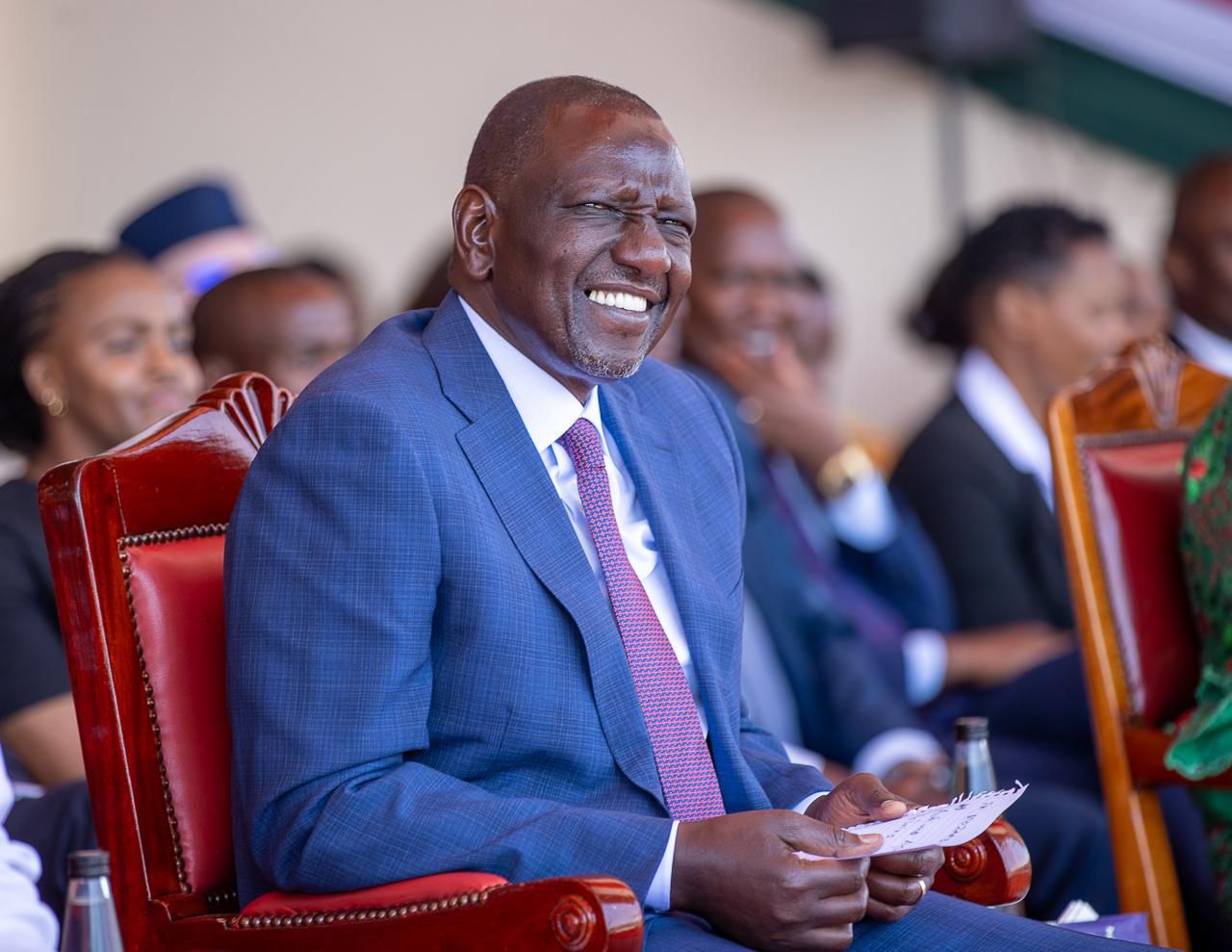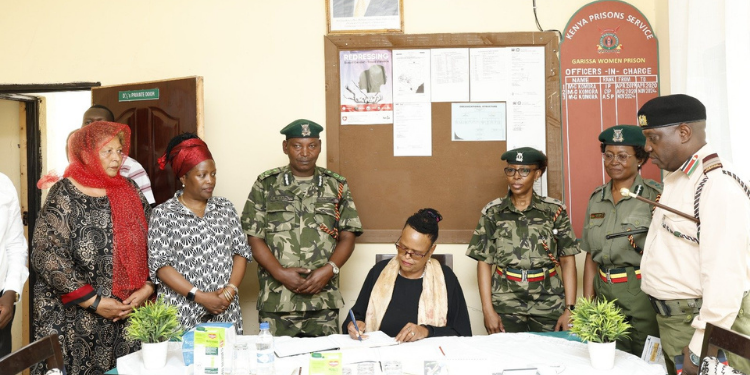Chief Justice (CJ) Martha Koome has called for alternative sentences for petty offenders serving jail terms of up to three months.
In a statement on September 3, Martha Koome reiterated that petty offenders with prison sentences of less than three months should not be subjected to imprisonment, citing the need to decongest prison facilities.
According to CJ Koome, such offenders should be diverted to community service or other alternative sentencing options that allow them to make positive contributions to society.
“The Judiciary is committed to reviewing sentences and, where appropriate, releasing convicts of petty and minor offences to perform community service instead of serving time in incarceration,” said the Chief Justice.
During her inaugural visit to the Garissa G.K. Prison on Wednesday, September 3, 18 inmates were released to serve the remainder of their sentences through community service.
Koome Calls for Prison Reforms
Koome said prisons should no longer be seen as places of condemnation but as centres of transformation.
She reaffirmed the Judiciary’s commitment to ensuring children in conflict with the law are rehabilitated rather than imprisoned.
“Children belong in schools, not prisons. We must provide rehabilitative avenues that allow them to grow into law-abiding citizens,” she said.
The reforms, she added, are meant to ease pressure on prisons while supporting the government’s environmental agenda through “green sentencing,” which assigns community service tasks such as tree planting and environmental restoration.
Also Read: CJ Koome Unveils Mahakama Popote Guidelines to Streamline Virtual Court Operations
Decongesting Prisons
The Judiciary, in collaboration with the Prisons and Correctional Services, will conduct a nationwide decongestion exercise to ensure the criminal justice system upholds justice, humanity, and rehabilitation.
The Chief Justice explained that the decongestion initiative aims to achieve a sustainable prison population aligned with the capacity of correctional facilities.
“Congestion severely undermines the prison’s ability to fulfil its core function—rehabilitation and the reformation of offenders. Overcrowded prisons are not conducive to humane living conditions, and without such conditions, the dignity of those incarcerated is compromised,” she said.
Also Read: Martha Koome Slapped with Ultimatum Over Hundreds of Complaints
Bail Reviews and Sentence Reassessment
According to Koome, the Prison Decongestion Initiative has two key parts.
The first focuses on reviewing bail and bond terms for unconvicted persons, ensuring that no one remains in custody simply because they cannot afford bail.
The second involves continuous review of sentences by High Court judges to maintain sustainable prison populations and guarantee fair and equitable justice.
In the Garissa Prison, for example, judges will review 20 cases to determine whether the convicts should complete their sentences through community service or other alternatives.
Follow our WhatsApp Channel and X Account for real-time news updates.
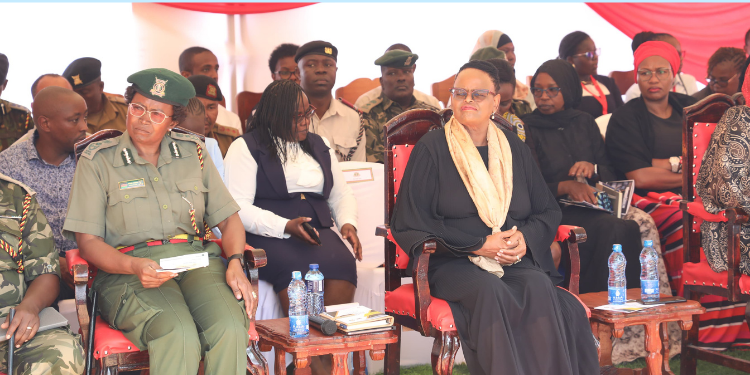

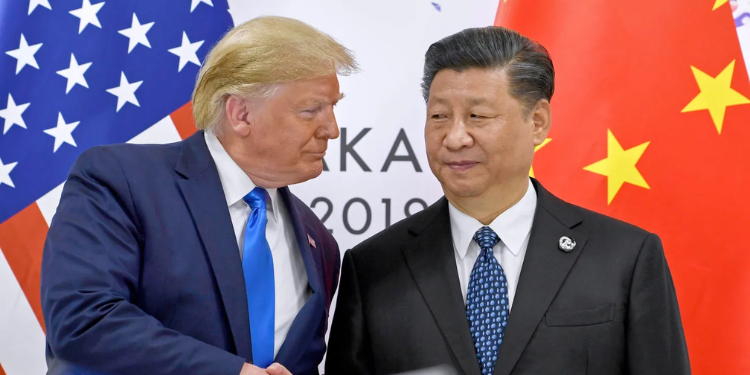
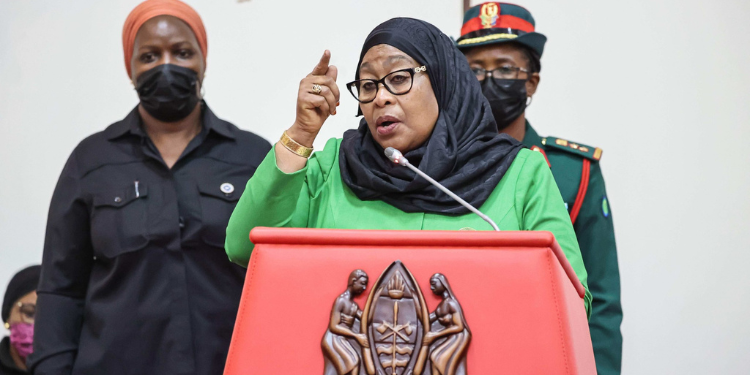
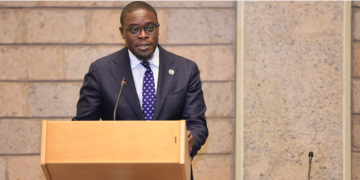
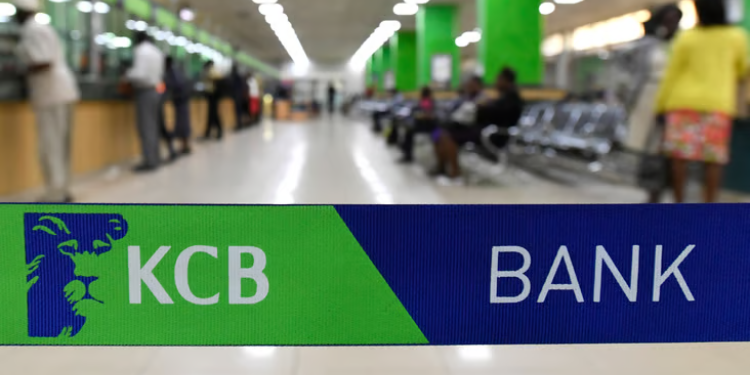
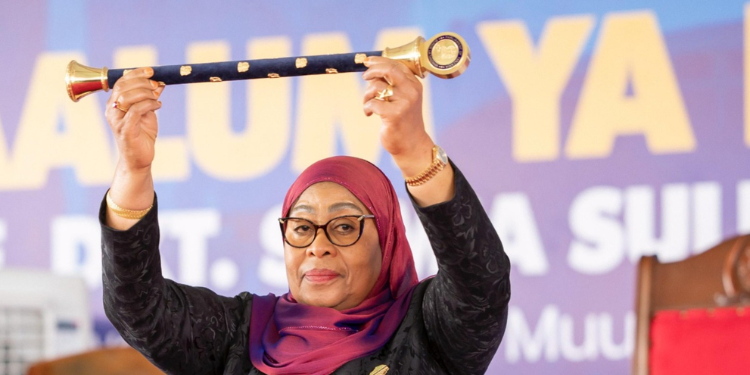
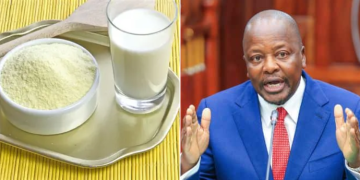
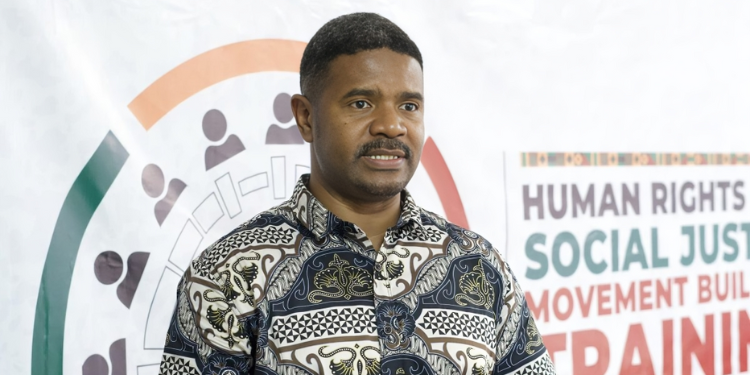
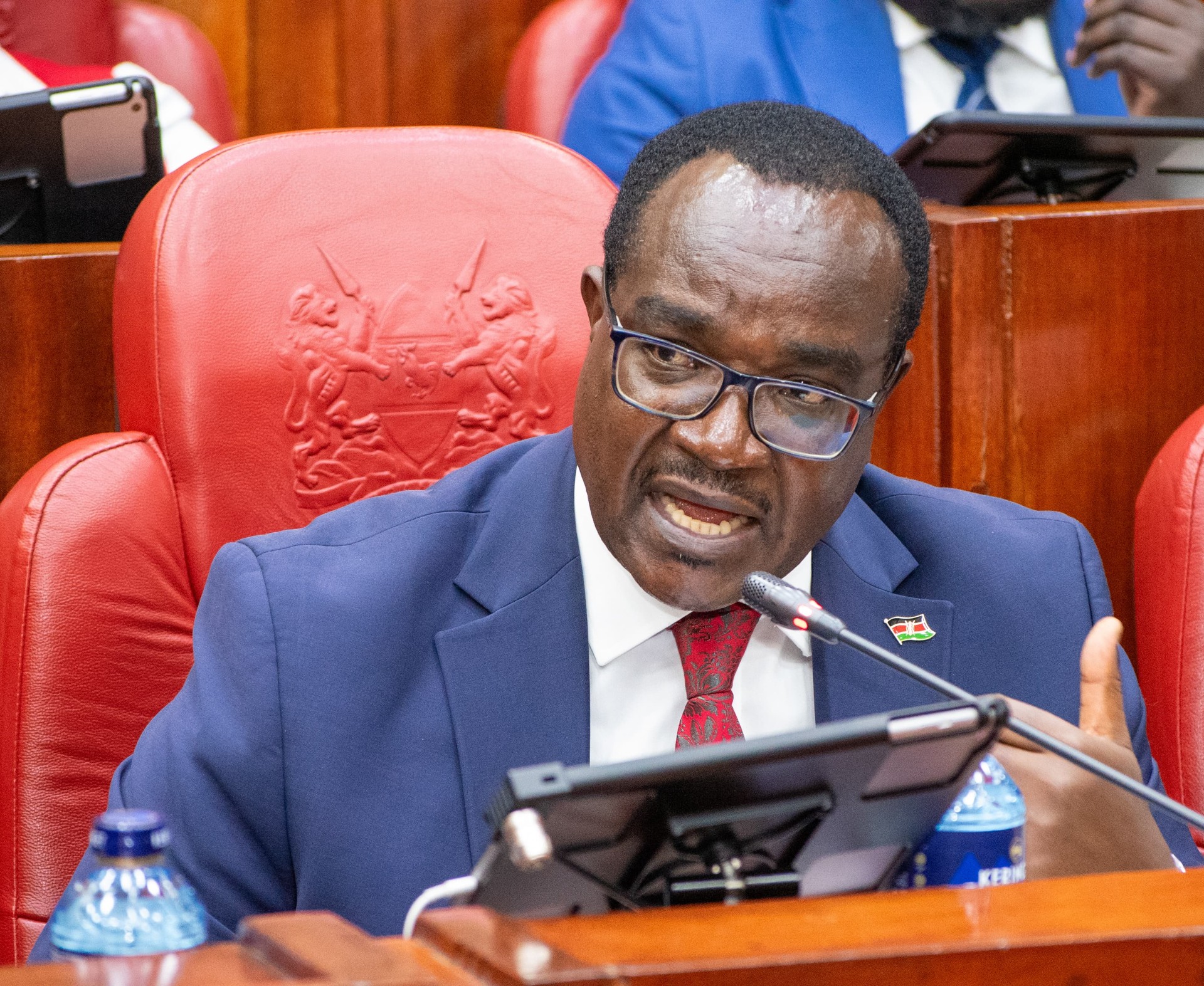








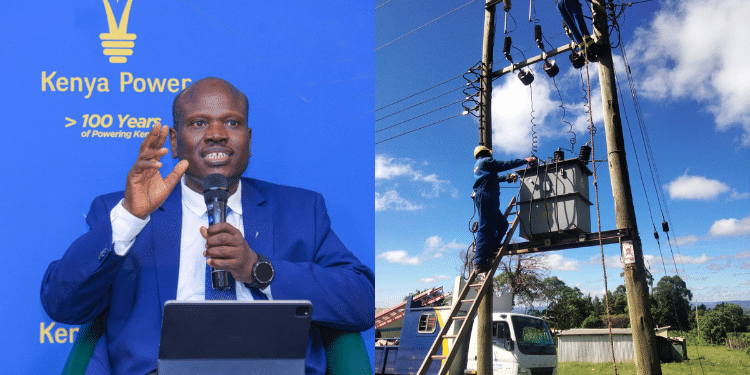




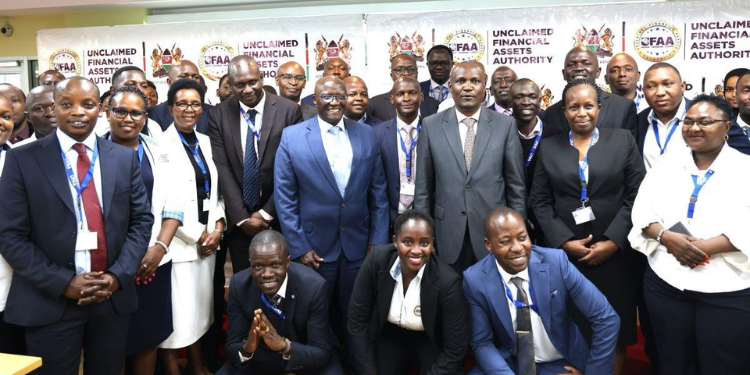

























![Senator Allan Chesang And Chanelle Kittony Wed In A Colourful Ceremony [Photos] Trans Nzoia Senator Allan Chesang With Channelle Kittony/Oscar Sudi]( https://thekenyatimescdn-ese7d3e7ghdnbfa9.z01.azurefd.net/prodimages/uploads/2025/11/Trans-Nzoia-Senator-Allan-Chesang-with-Channelle-KittonyOscar-Sudi-360x180.png)


















